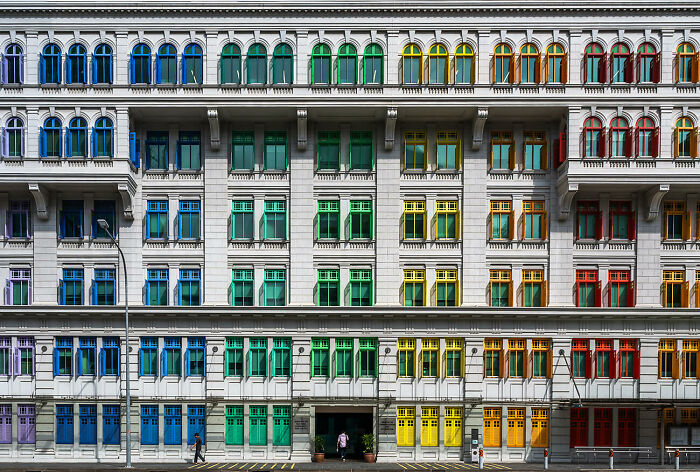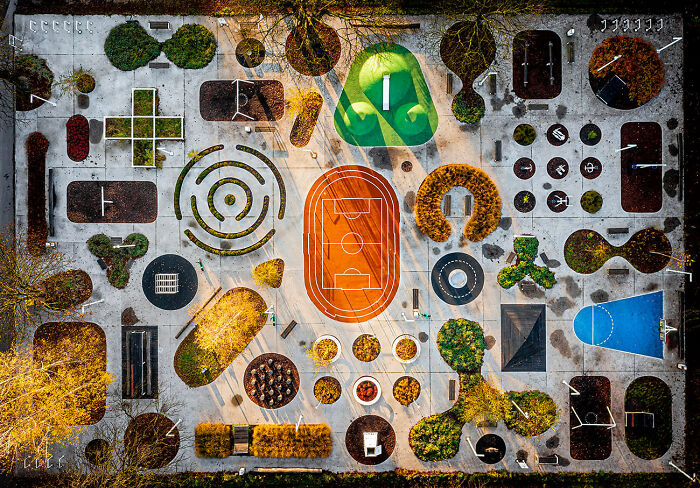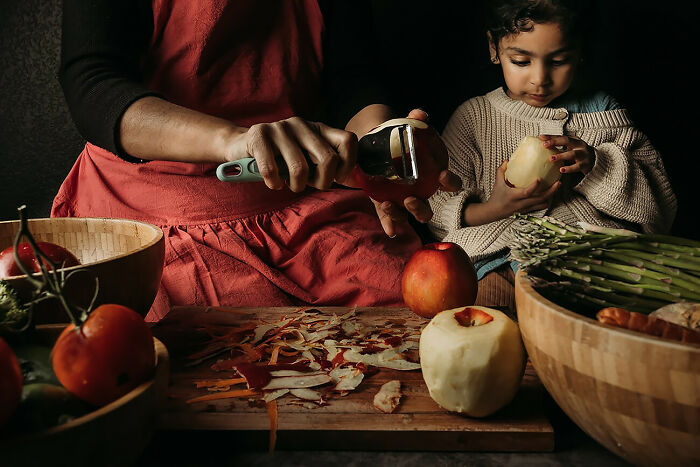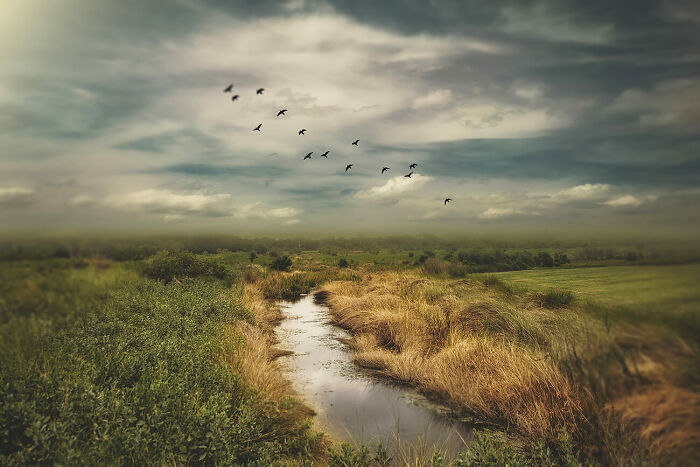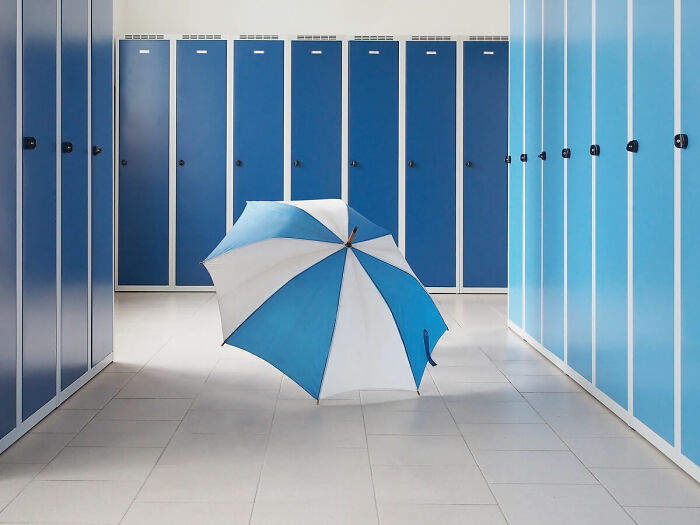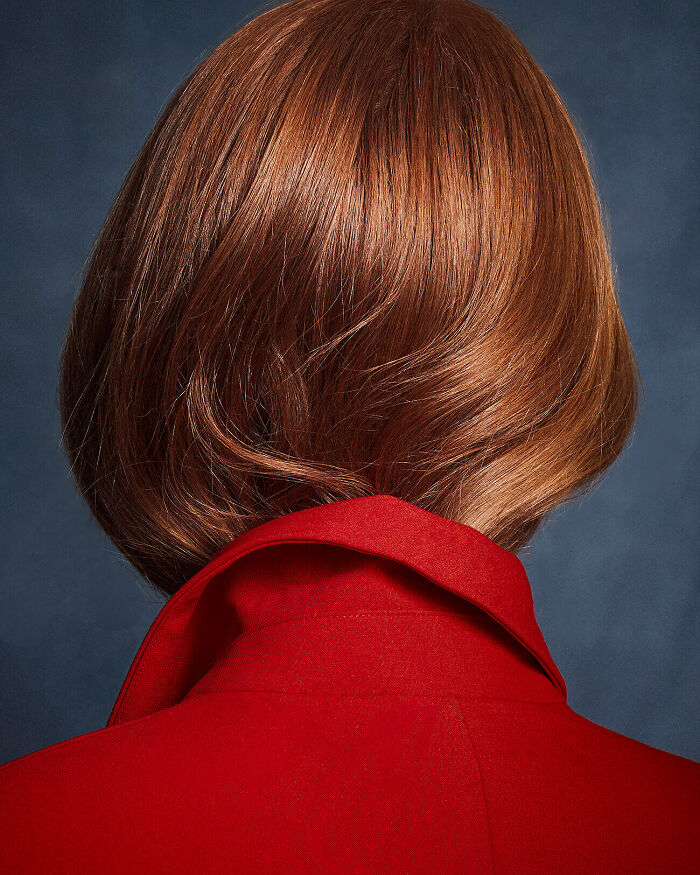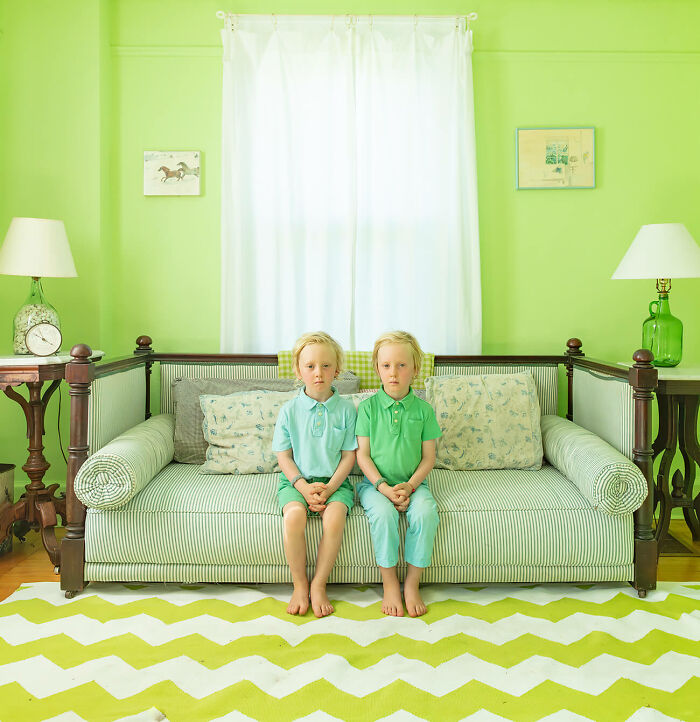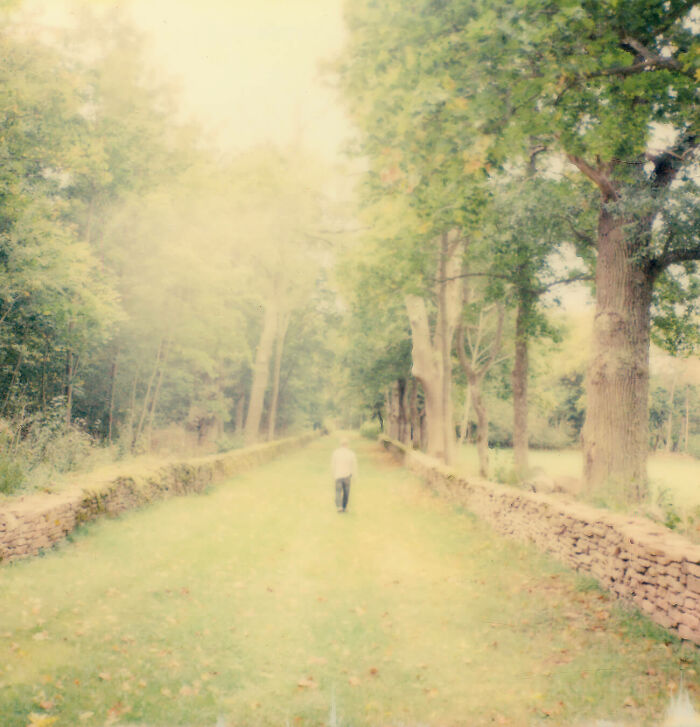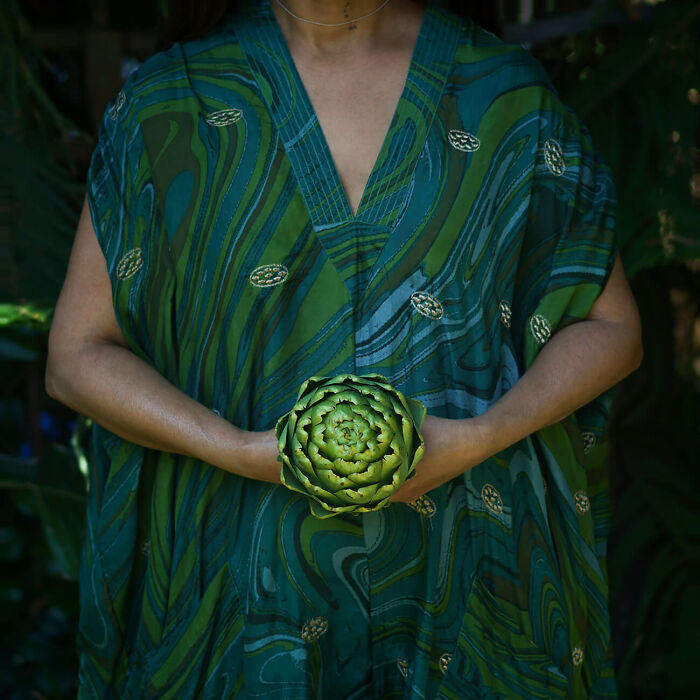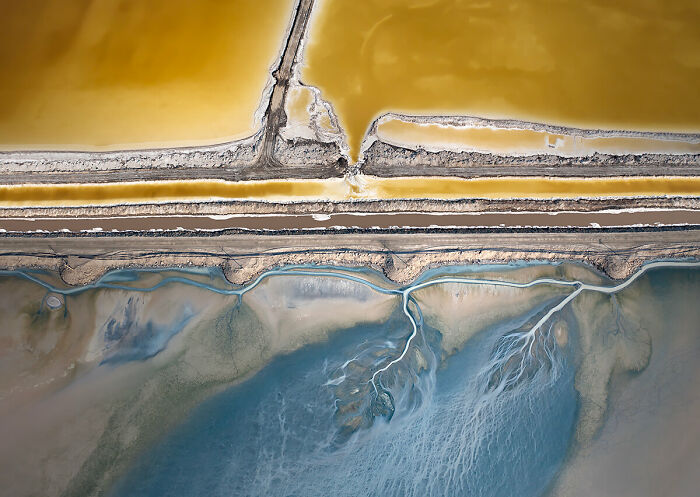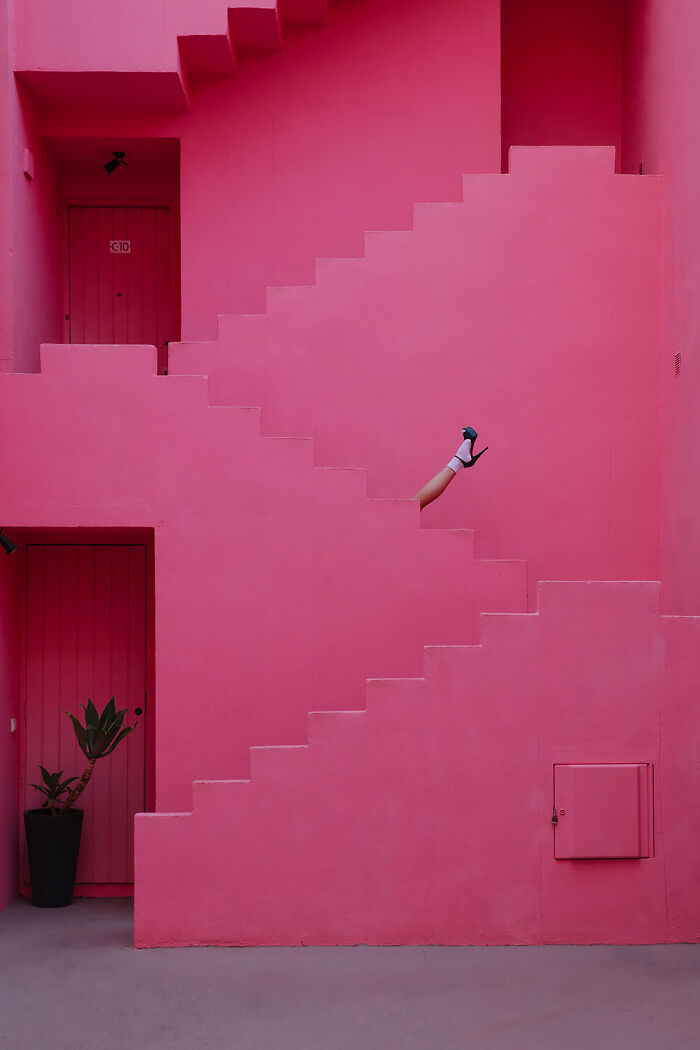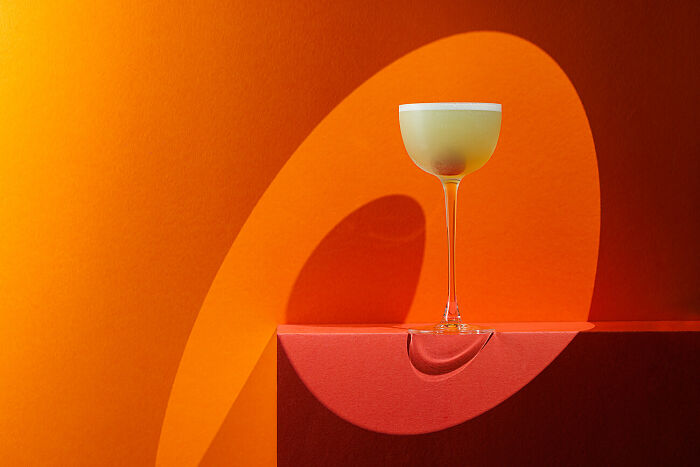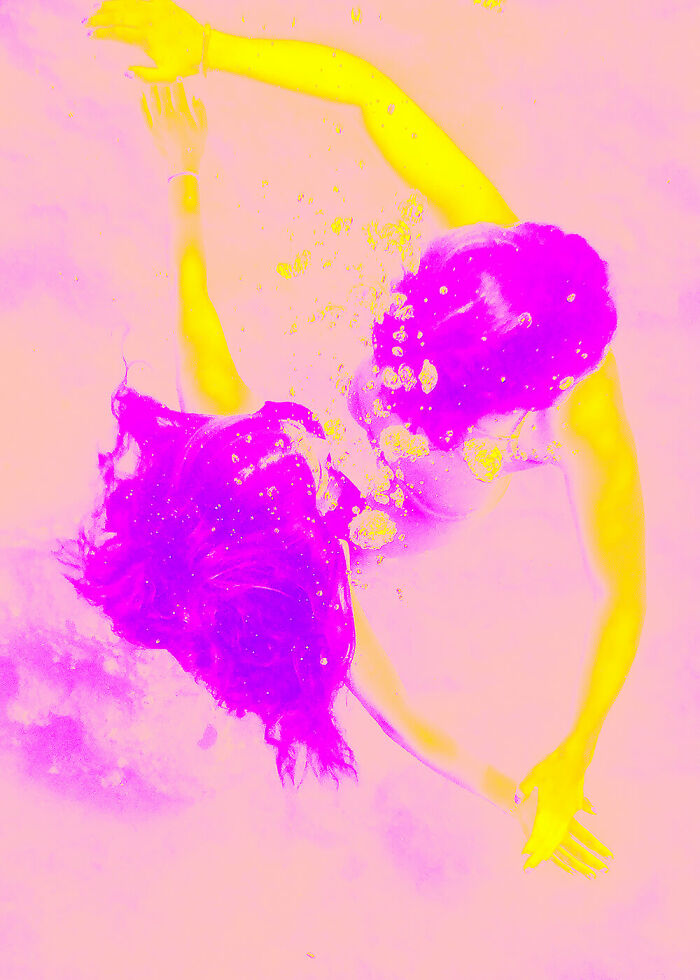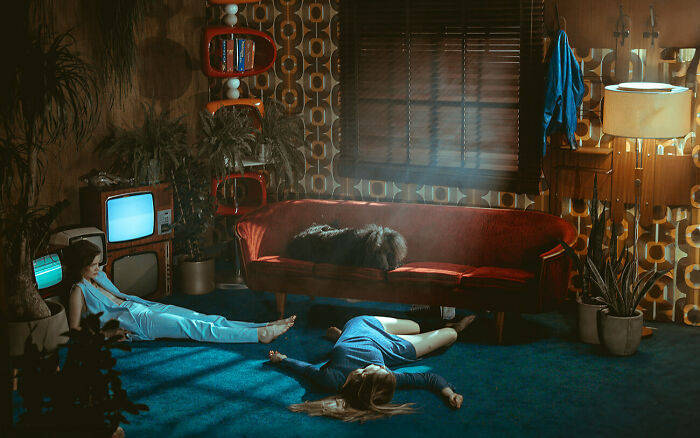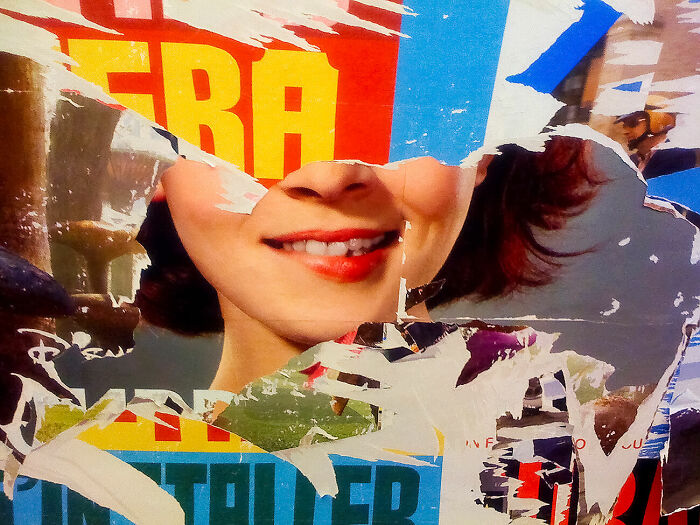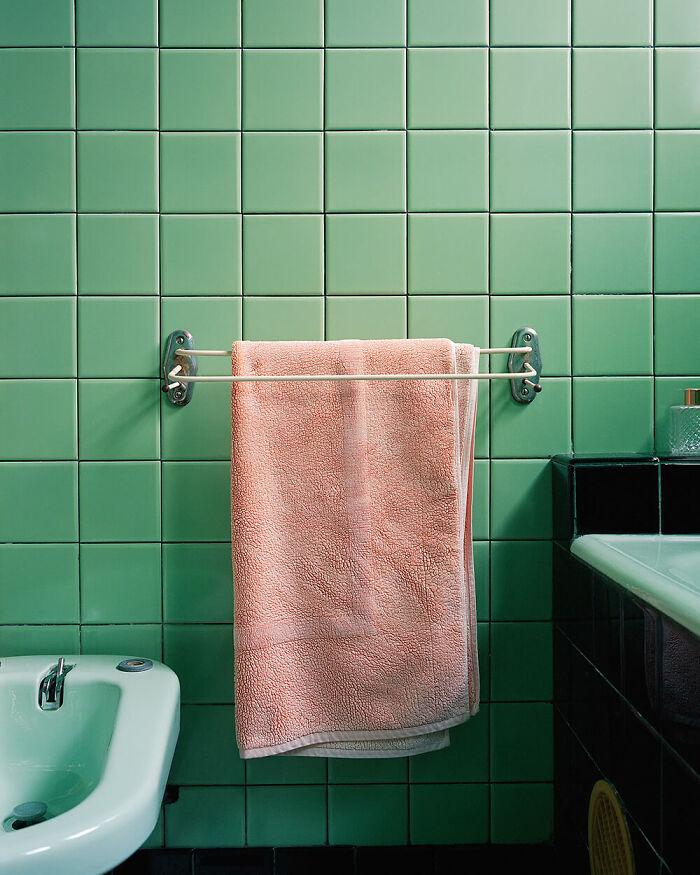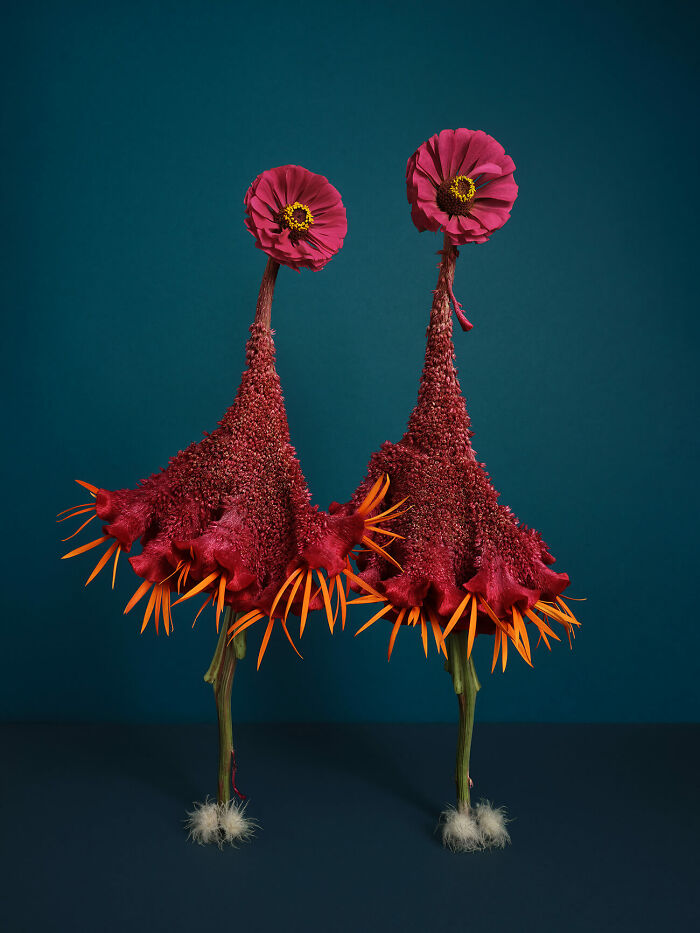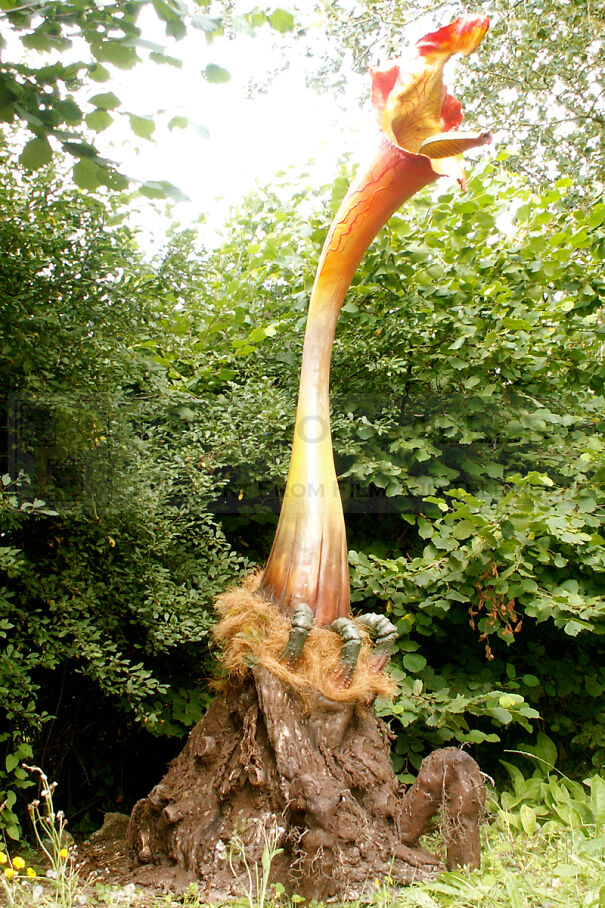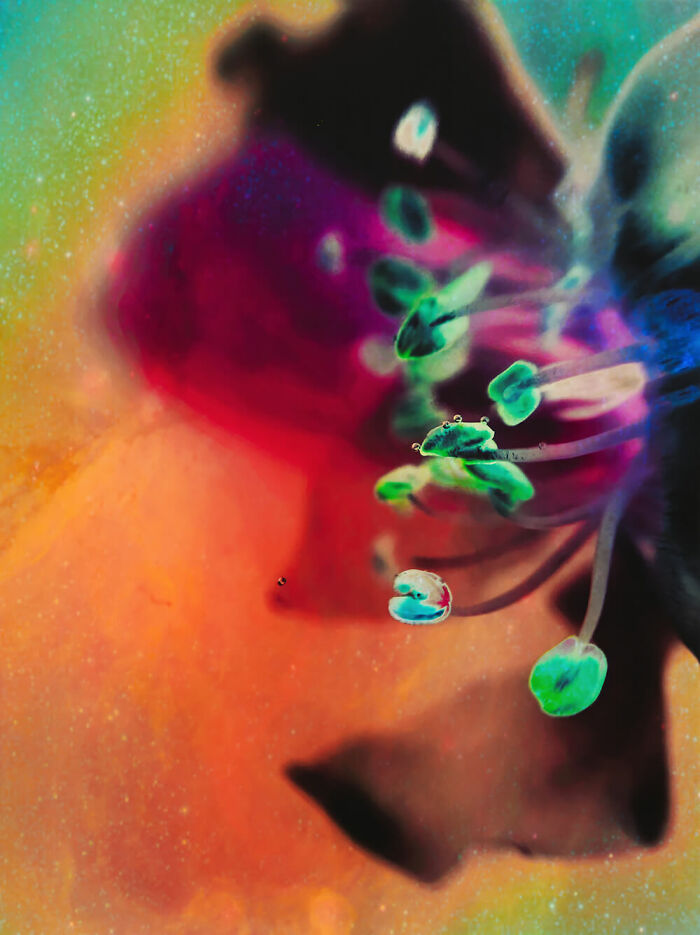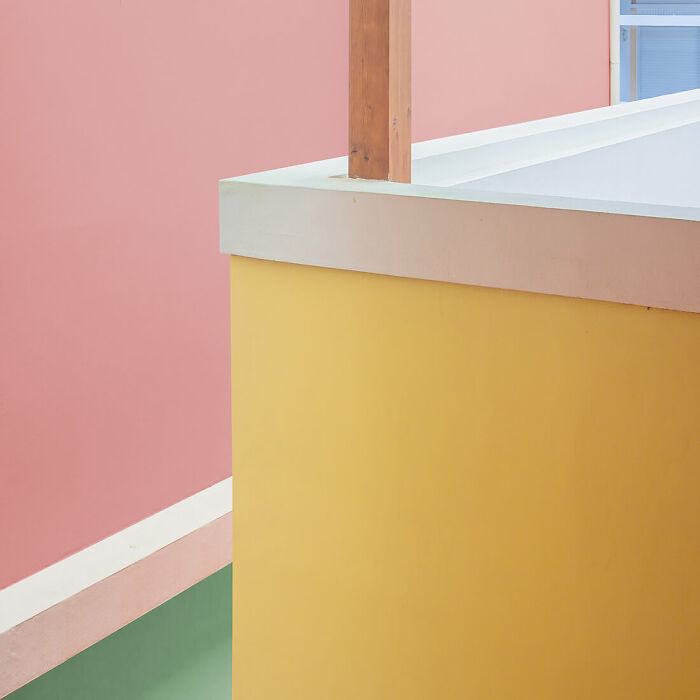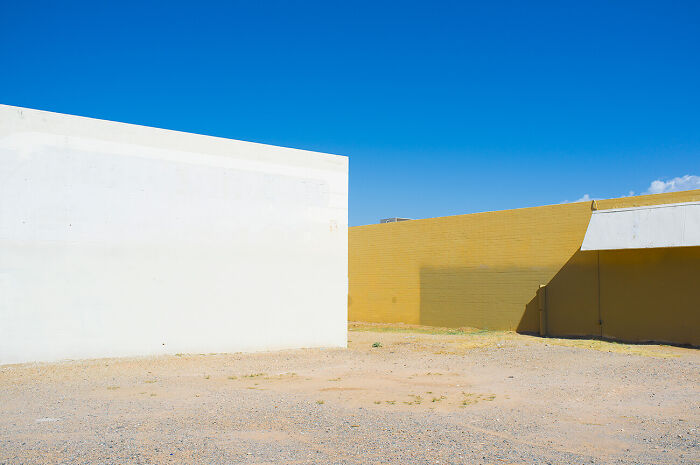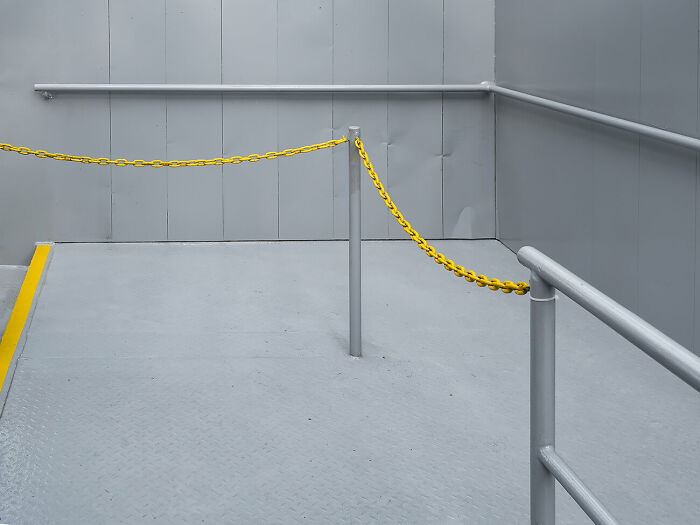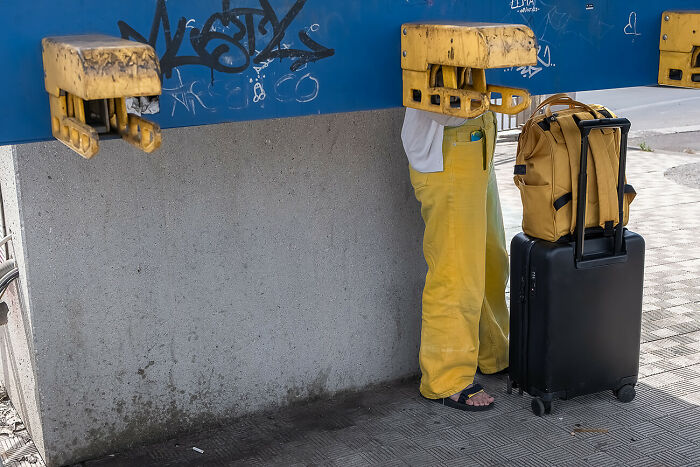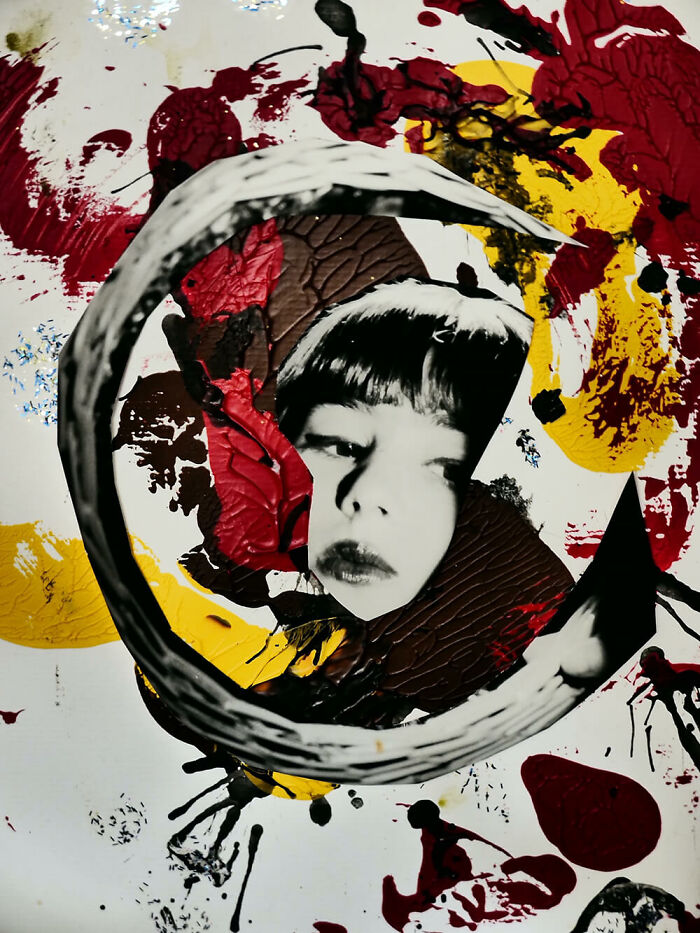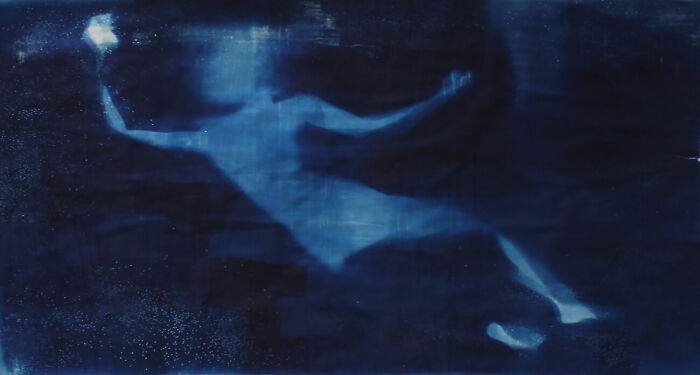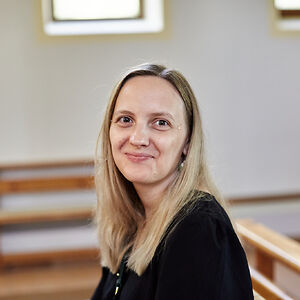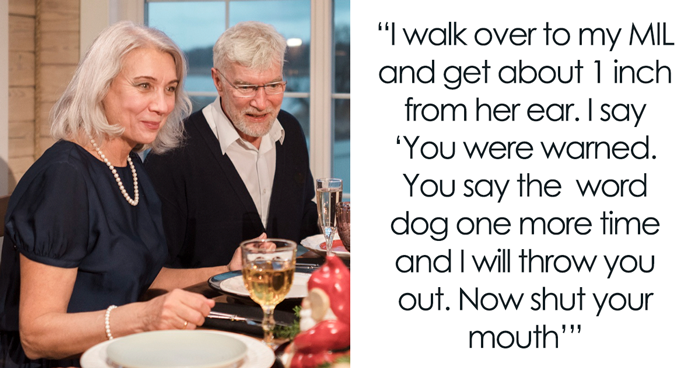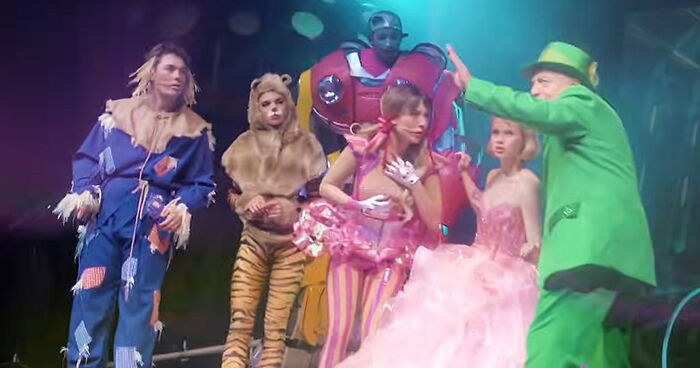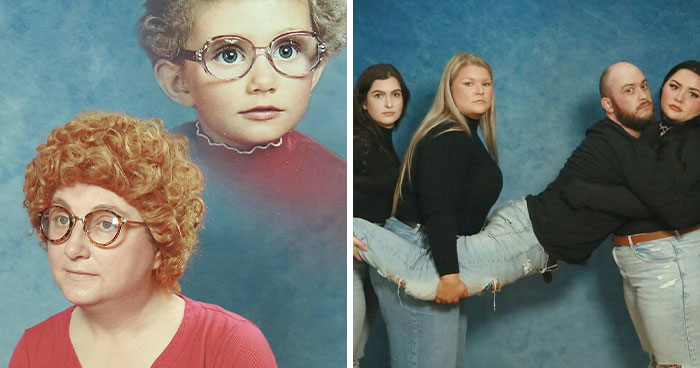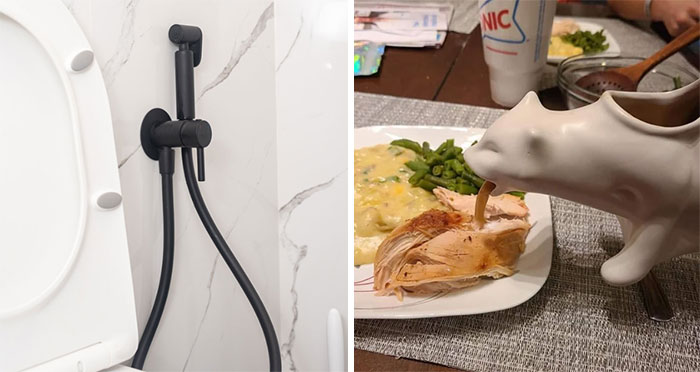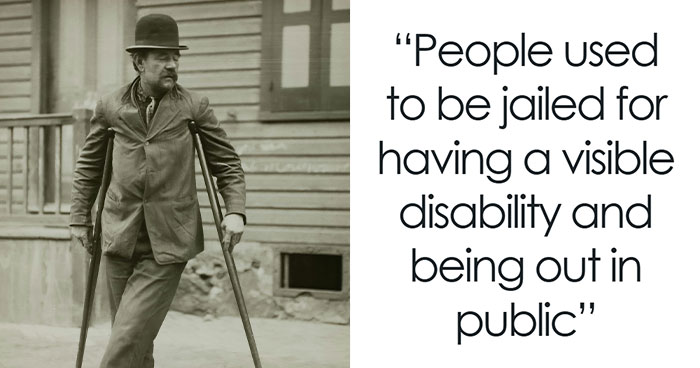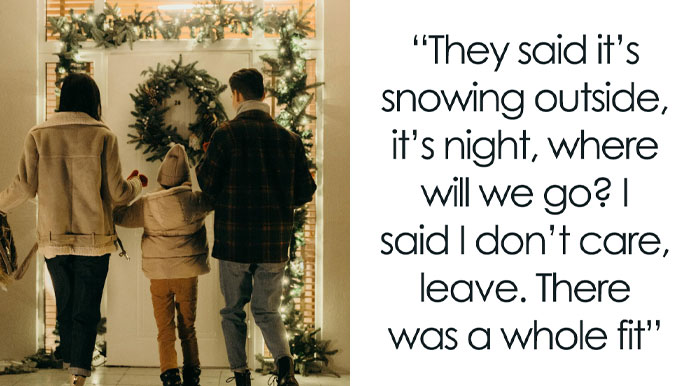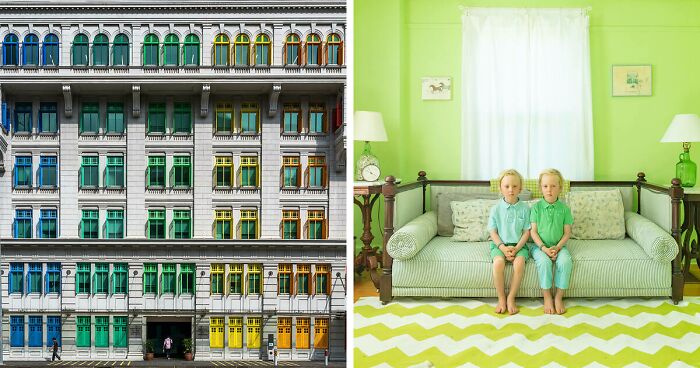
Colors: 25 Most Vibrant Pictures That Won The 35th AAP Magazine Photography Awards
InterviewWe are absolutely thrilled to announce and showcase the exceptional talents of the 25 remarkable photographers who have been honored in the latest installment of AAP Magazine, the splendid #35: Colors edition.
Our world is an exquisite tapestry, woven together by the kaleidoscope of colors that surround us, ranging from the vibrant green of the earth beneath our feet to the boundless expanse of the cerulean sky above. Our reality is a far cry from the stark duality of black and white, for the rich and diverse palette of colors adds depth and nuance to our existence. Can you even begin to imagine a world devoid of these vibrant hues, where the very essence of life is muted and dulled?
Colors hold a ubiquitous presence in our daily lives, their influence often subtle and imperceptible, yet profoundly impactful. Countless studies have illuminated the remarkable capacity of colors to convey a wide spectrum of emotions, shape our moods, and even influence our cognitive processes. It's no wonder that photographers are continually drawn to the multifaceted realm of colors, as they are well aware of the profound significance that colors carry in their artistry.
More info: all-about-photo.com | Instagram | Facebook
This post may include affiliate links.
Eric Seidner (United States)
"Singapore's historic Old Hill Street Police Station is famous for its more than 900 windows painted in the colors of the rainbow. This image is part of a series displaying the use of rainbow color schemes in architecture."
i love it! the colors blend in together so seamlessly (even though they are separated by the white)
In the 35th edition of AAP Magazine, our mission was to celebrate the vivid and diverse spectrum of colors that enrich our visual experiences. After an exhaustive and passionate selection process, we proudly present to you this esteemed group of twenty-five photographers, a majority of whom are wonderfully talented women. These remarkable artists hail from nine distinct countries spanning three different continents, bringing with them a wealth of cultural diversity and artistic perspectives.
Their choice of colors is nothing short of astonishing, spanning the entire gamut of the color wheel, from audacious and lively hues that practically leap off the page, to the subtle and delicate pastels that gently embrace the viewer, and even monochromatic tones that invoke a sense of timelessness. What unites each of these selections is the deliberate and masterful aesthetic decision behind their choices, enhancing the visual allure of each photograph and invoking a sensory delight that resonates deeply with the viewer.
In this breathtaking collection, you will find a vibrant tapestry of colors that not only showcases the artistry of these talented photographers but also invites you to explore the profound emotions, moods, and stories that each color can evoke. So, let us embark on this visual journey through the vibrant world of Colors, brought to life by the discerning eyes and skillful lenses of these 25 exceptional artists.
Sebastian Piórek (Poland)
"A playground full of joy hidden somewhere deep in the south of Poland shows its beauty in the first flash of sun from above. This region is known for its mines and strongly urban character of architecture, so such a colorful playground is a kind of pearl from the ground and also from the air."
Jyotsna Bhamidipati (USA)
"This image was taken as a part of my Motherhood project while I was making some apple pie with a side of asparagus for my son and my daughter decided to join and help me to cook for her brother."
Bored Panda reached out to the second-place winner, Natalie Strohmaier, to learn more about her work.
Natalie’s series "Unattainable Beauty" explores the artificial creation of beauty using flowers and plant parts. We wanted to know what inspired her to choose these natural elements as symbols for her project, and what message she is trying to convey through this choice.“Flowers and plants have a long tradition in the history of art. Among other things, flowers symbolize feminine beauty but also transience. In my 'Unattainable Beauty' series, I have created artificial 'super flowers' from several flowers and plants, which allude to the (artificial) perfect model images that you still see every day in the media. The series also includes some pictures that I took 'the day after', which show the withered plants. Regarding the fast transience of flowers, the series also raises questions about the fast-paced nature of the advertising industry,” explained Natalie.
Carolyn Silvernail (USA)
"This is a photo taken of a small waterway near Fort Pulaski National Monument, outside of Savannah, GA. I live in Savannah and am inspired by the swamps and marshes that surround us here on the coast."
Jaroslav Mares (Czech Republic)
"I took this picture in the locker room of a local high school. A random blue and white composition as if waiting for a photographer. I was lucky to be there. The image is part of the Blue World series, which I compiled from images from my archive."
The models in Natalie’s series are made up of photographically staged flowers and plant parts. We asked the artist to share some insights into the creative process and techniques that she used to compose these models and photograph them in the studio.
“All flower models are handmade by me. Some of the plants and flowers were sewn together or pinned together with pins, which were later retouched. I make sketches for each image and plan the photograph carefully before I shoot it in my studio. Sometimes it takes long research to find the right flowers and plants.
As my images are often mistakenly categorized as AI-generated due to their unnaturalness, I have posted 'making of' videos on my website and Instagram account.
The photographs are retouched and edited in terms of light and color, but they are not computer-generated compositions. This is another interesting aspect of the series: the apparent 'unnaturalness' is often seen as the result of computer-aided work, while the 'unnaturalness' of many advertising photos is seen as reality,” shared Natalie.
The Winner Of Aap Magazine 35 Colors: From Series "Thinking Of Guy Bourdin" By Kyla Rys (USA)
"Thinking of Guy Bourdin is an homage to the iconic French fashion photographer, Guy Bourdin. The series applies the photographer’s primary color palette in with vibrant reds and blues. Such contrast emphasizes the striking details of contemporary fashion staples."
Emily Fisher (USA)
I love this one. There is something just so perfectly sunshiny and mysterious about it. I solemnly swear I am up to no good vibes.
Natalie’s work addresses the unrealistic ideal of physical beauty portrayed in popular media. We were wondering if Natalie believes that her images challenge or subvert these ideals, and what kind of impact she hopes to have on the viewers of her photographs. Natalie wrote: “I believe that people are equally fascinated and irritated when they look at my pictures. On the one hand, the subject matter, but also the process of creating the images, plays with the viewer's experiences of 'artificiality' and 'naturalness'. I leave it to the viewers to make their own interpretations.”
Martina Holmberg (Sweden)
"The images are from my series Mayfly. The images are photographed with expired or overexposed polaroid film. They are snapshots of life, a sense of humility about the constant miracle of life and the awareness of our impermanence. How we all belong together and how strong and at the same time fragile life can be."
Rohina Hoffman (USA)
"Artichoke for steaming with aromatics is part of a series called “In Gratitude”, an homage to food and family. Prompted by the early days of the Covid-19 pandemic, it is a series of portraits of myself, my husband, and my three children showcasing the items that we used to create our daily meals. I aim to highlight the words of MFK Fisher “our three basic needs, for food, security and love, are so mixed and mingled and entwined, that we cannot straightly think about one without the others.”"
Natalie also told us about the challenges she faced while hand-assembling the models with cut flowers and potted plants.
“Assembling the flower models is very time-consuming and requires a lot of patience and manual labor. Sometimes the model would fall apart just before I could take a photo, and sometimes they just didn't look the way I had imagined (there's a video on my Instagram account with all the 'outtakes' I didn't use).
The human-like poses of the models are often millimeter work and I sometimes take up to 100 pictures until I find the right position. But other times the models make me really smile myself, as with the 'Party Chics',” shared Natalie.
Pawel Pilch (Poland/USA)
"Aerial photographs documenting Solar Evaporation and Mineral Extraction Fields in Utah, United States."
Marlène Delcambre (France)
"I saw this beautiful building on the internet and I decided to take self- portrait in this place. I took a flight to Spain. With my black dress and my white socks, I found the perfect harmony to play in this beautiful colorful place.
''I’m walking alone and yet
It's in the exhausted rhythm of my shoes
May red, pink and blue give me back this vision
That the earth is only an immense unfolded newspaper
Sometimes a photograph passes...''"
And lastly, Natalie added: “With a background in architecture and set design, I love to stage my images. My series deal with socio-critical themes from everyday culture such as the abundance of sugar and plastic or the changes in everyday life over the centuries. I choose the style of my photographs depending on the theme of the series. The style varies from the historical look of a painting to boldly colored picture compositions, always playing with the viewer’s associations and experiences by showing the familiar in a new way.”
Till Britze (Germany)
"I wanted to create a series of abstract images combining my old life as a bartender and my career as a photographer through the use of strong, sculpted shadows and bold, vibrant colored setups with a slight nod to the 70s/80s era."
Pelin Guven (Turkey)
"Breathe in, bring all yourself together, body and mind, you are one, you are home."
Mateusz Zurowski (Poland)
"Tetrachromacy (from Greek tetra, meaning four and chromo, meaning color) is the condition of possessing four independent channels for conveying color information, or possessing four types of cone cell in the eye. Organisms with tetrachromacy are called tetrachromats. And you? What do you see?"
Joyce P. Lopez (USA)
"With the recent passing of three family members I was thinking about transitions: day to night, young to old, living to dead, I began to obsess over the color cobalt, which can sometimes be seen at twilight. Trying not to be sad over these recent events, I focused on the part of their lives they missed. I worked with this color scheme and shapes. It represented to me, their time missed."
The Third Place Winner: From Series "Paris Metro" By Ellen Stern (USA)
"One day in the Paris Metro, I noticed a French worker shaving down a multitude of thick ads placed on top of each other in a frame next to the tracks. When it was shaved all the way to the base, the image that remained from the torn ads was a beautiful melange of color, form and beauty. Completely fascinated by the discovery of this process; I have scoured the Paris metro for the past few years as on a treasure hunt; photographing these images of torn and ripped advertising posters."
Fabien Dendiével (France)
"This photo is part of a series on the French countryside and what remains of a time gone by: the old interiors of our grandparents, abandoned cars and out-of-service petrol stations... Photography is a way of keeping a memory of all these things that marked generations and our childhood. In a way, it immortalizes this heritage."
The Second-Place Winner: From Series "Unattainable Beauty" By Natalie Strohmaier (Germany)
"This picture is part of my series „Unattainable Beauty which explores the artificial creation of beauty. An unrealistic ideal of physical beauty is often portrayed in popular media and creates a pressure on individuals to conform to a certain beauty standard. Since flowers are symbols of beauty, the models of the series are made up of photographically staged flowers and plant parts symbolizing an unnatural Unattainabable Beauty“. All models are hand-assembled with different cut flowers and potted plants and were photographed in the studio."
Melanie Schoeniger (Germany)
"This series reimagines the feeling of awe I experience when diving: and the vast mysterious sea is my stage. These images utilize unique perspectives that highlight bioluminescence and surreal colors inspired by coral reefs and nudibranchs, and they envision how underwater species sense the world via ultraviolet and infrared sight. As our oceans are in a vulnerable state, it is my hope that my focus on beauty and wonder will spark reflection about humanity’s role in our interconnected ecosystems."
It would be wonderful if we could get all countries to realize that what they do affects all. Unfortunately most countries can't see past $$$$$
Alessandro Gallo (Italy)
"Colors in architecture can makes difference and communicate a mood. Here inspired by a residential building in Lisbon."
Joseph Podlesnik (USA)
"A study in shape, color, contrast, coexistent depth with flatness. For Podlesnik, the camera lens depicts perspective too easily,.."
Less artsy more fart... uhh, depicting COLOR in rare and beautiful ways
Klaus Lenzen (Germany)
"Color keys can direct the viewer's eye to a picture detail, can be dominated in such a way that the main motif fades into the background."
Marco Cajazzo (Italy)
"The Robot is a surreal shot taken in Catania (Sicily). Anyone who looks at the photo is initially surprised and tries to understand how it is possible. There is a skillful game of juxtapositions that is typical of a certain genre of street photography. The magic is completed by the power of colors: the yellow of the trousers, the metallic elements and the backpack, but also the blue of the metal bar and the smartphone in the subject's pocket."
Aline Taieb (Austria)
"I place great value on the accidental. Accidental rendering, fragmentation of faces, painting. When trying to transcribe a portrait I throw the paint on the canvas and affix these real fragments of known faces with the hope that the portrait would be there. I sought in my compositions instantaneous force and violence and also to reflect the element of darkness. The faces, whose existence resembles a shadow theater, are deep, mysterious. The composition is then balanced by the use of traces, spots of color that can erase one part of the face to free or reveal another while revealing my psychology."
Myrta Köhler (Austria)
"Blue. Deep and distant. Sky and sea. Longing and courage. Dream and infinity. Is it possible to entrust one’s whole being to this indefinable vastness? Myrta Köhler explores this question in her large-format cyanotype series FLOW AND THEN. The „photography in slow motion creates images of weightlessness, which is only made possible by relinquishing control: During the process of creation, the artist surrenders herself to time, light, water and, not least, to chance."

 Dark Mode
Dark Mode 

 No fees, cancel anytime
No fees, cancel anytime 






